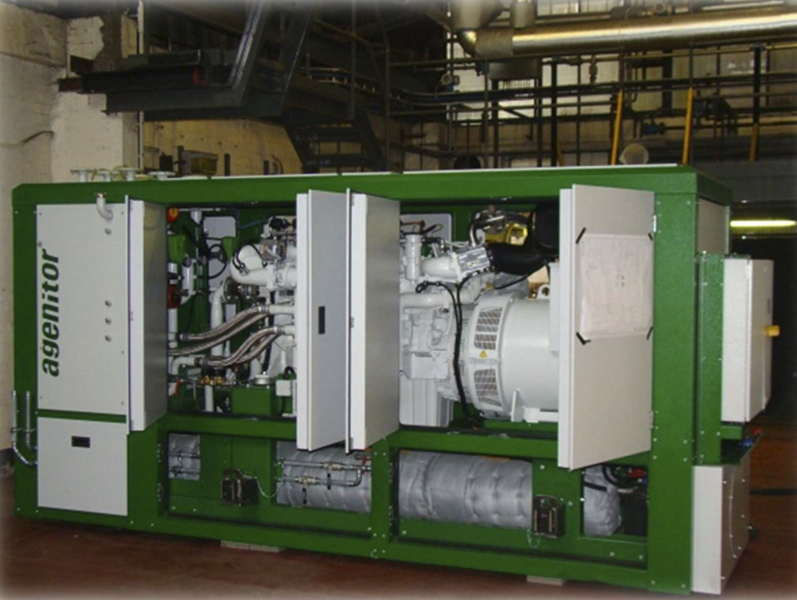Energy from coffee
Jacobs Douwe Egberts in Banbury utilises organic waste for energy
Facts & figures

With the implementation, the 45ºC warm coffee-waste mixture will be converted within 10 hours into biogas via the UASB Reactor. The procedure is particularly efficient also, because the reactor does not require any additional heating by the use of the existing process temperature of 45ºC. The created biogas serves as fuel to operate a block heat and power plant (agenitor 306) to produce peripheral power and heat.
The agenitor 306 is equipped with a downstream steam generator which converts engine exhaust to saturated steam. On the other hand the engines lost heat serves to provide a biological filtration of the hydrogen sulfide and supports the company with its hot water supply. Next to the already high efficient method of operation for the entire process, the project offers yet another advantage. Yearly 1,400 tons of greenhouse gases can be saved through the CO2 neutral energy production. With the implementation of the project the involved companies have impressively proved how ecological and business objectives can be connected to each other.